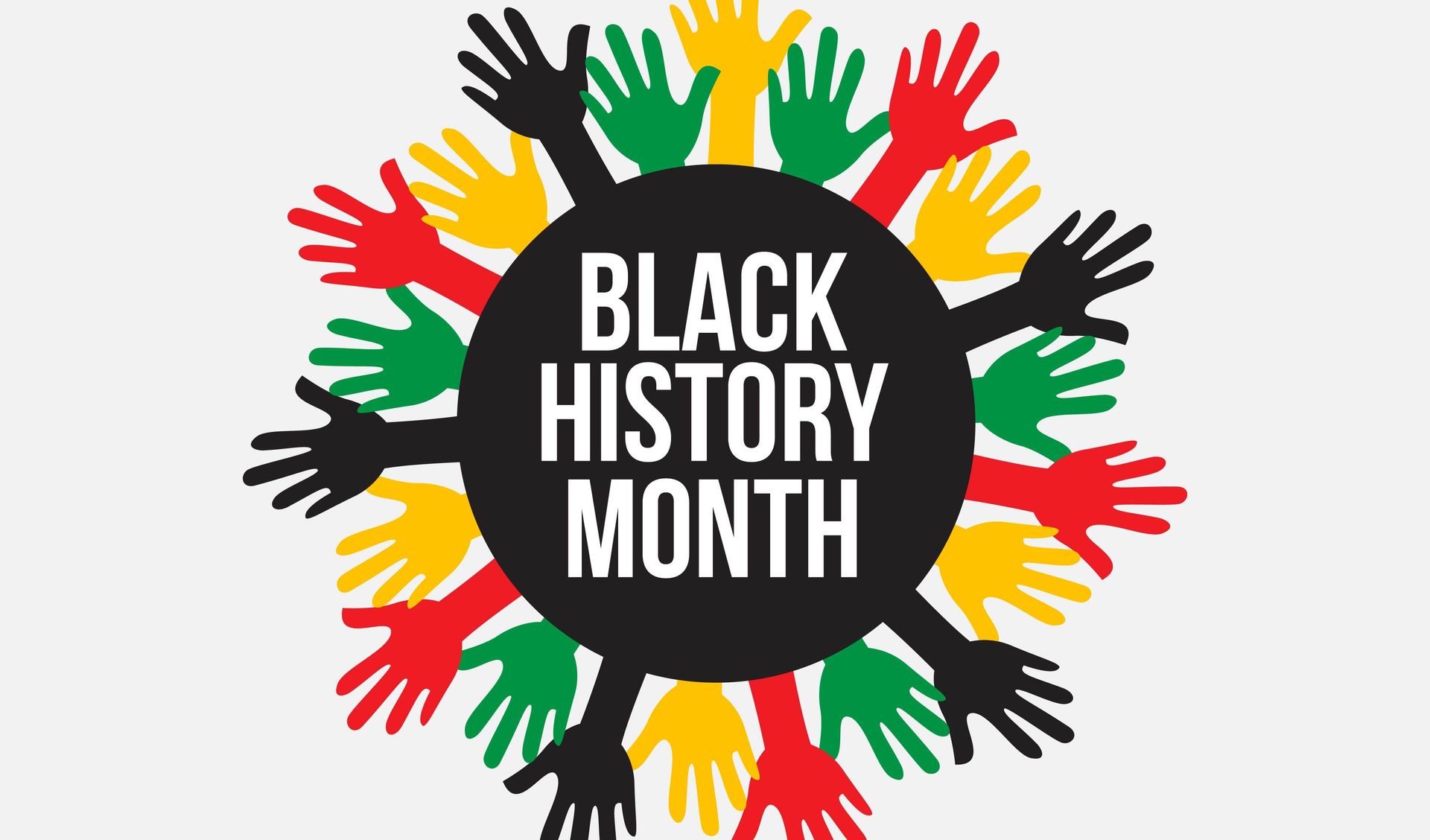The Value Debate: Do Certificates of Completion Hold Any Significance?
Certificates of Completion Prove Nothing!

In the world of education and professional development, certificates of completion have become a common way to acknowledge an individual's participation and successful completion of a course or training program. However, as the landscape of learning evolves, the value of these certificates is being called into question. In this article, we delve into the debate surrounding the significance of certificates of completion and explore research that suggests they may not hold as much value as once believed.
Certificates of completion have long been considered a way to showcase one's commitment to learning and personal growth. They are often used to validate the acquisition of new skills or knowledge, but recent research challenges their true impact. One key argument against their value is that they do not always reflect the depth of understanding or practical application of the subject matter. Critics argue that the mere act of completing a course does not necessarily indicate mastery or competency in a particular field.
Studies have shown that individuals often pursue certificates of completion primarily for resume padding or as a way to gain an edge in a competitive job market. However, employers are increasingly looking beyond these certificates and focusing on tangible skills and hands-on experience. A study conducted by the Harvard Business Review found that employers are more interested in a candidate's ability to demonstrate their skills in real-world situations, rather than the certificates they hold.
Furthermore, the ease of obtaining certificates of completion from various online platforms and MOOCs (Massive Open Online Courses) has led to concerns about the quality and rigor of the programs themselves. With the proliferation of short courses that can be completed in a matter of hours, the value of certificates is diluted. The Chronicle of Higher Education reported that some individuals may be earning certificates without fully engaging with the course material or actively participating in discussions, leading to a gap between certificate holders' perceived and actual expertise.
Research has also highlighted that certificates of completion are not always recognized universally. The reputation and credibility of the institution offering the course play a significant role in determining the value of the certificate. A certificate from a renowned university may hold more weight than one from an unknown online platform.
In conclusion, the debate about the value of certificates of completion is complex. While they can serve as a basic acknowledgment of participation, research suggests that their true significance may be limited in terms of demonstrating genuine mastery, skills, and expertise. As employers and educational institutions place greater emphasis on practical skills and real-world application, certificates alone may not suffice. To truly stand out in today's competitive landscape, individuals should focus on acquiring deep knowledge, hands-on experience, and a track record of achievements that go beyond the confines of a certificate. It's important to carefully consider the context and reputation of the certifying institution before investing time and effort into pursuing these credentials.










